Japan is opening up to immigration – but is it welcoming immigrants?
Plummeting birth rates and ageing population leave closed-off country 'no choice' but to admit foreigners, but tensions are growing with newly arrived Muslims
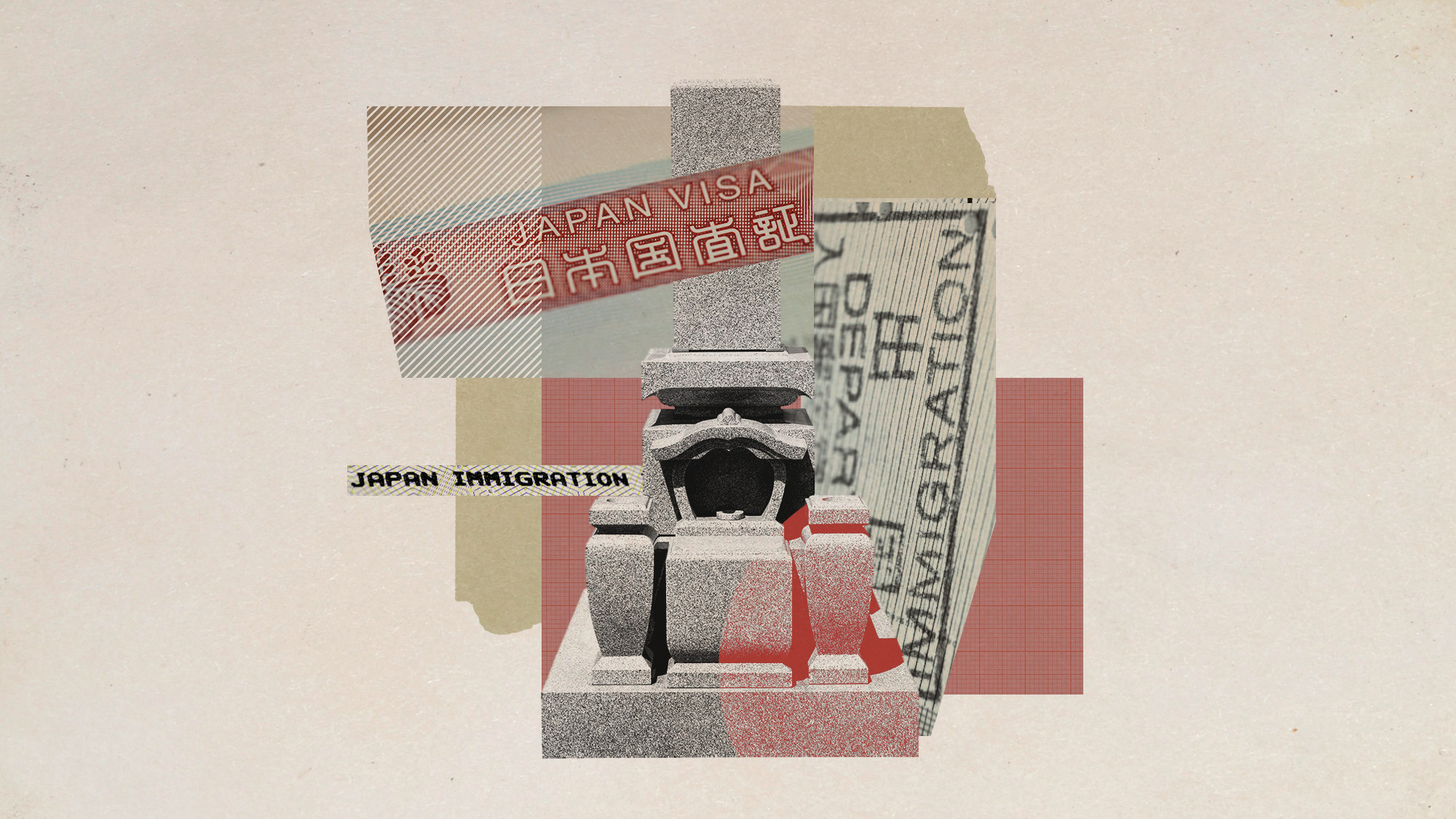
A free daily email with the biggest news stories of the day – and the best features from TheWeek.com
You are now subscribed
Your newsletter sign-up was successful
For hundreds of years, Japan was notorious for being closed off to foreigners.
But over the past decade the country has been forced to start opening up to immigration, in need of foreign workers to plug the labour shortages caused by its plummeting birth rates and ageing population.
Now, Japan is increasingly struggling to accommodate the newcomers – in particular, the growing population of Muslims.
The Week
Escape your echo chamber. Get the facts behind the news, plus analysis from multiple perspectives.

Sign up for The Week's Free Newsletters
From our morning news briefing to a weekly Good News Newsletter, get the best of The Week delivered directly to your inbox.
From our morning news briefing to a weekly Good News Newsletter, get the best of The Week delivered directly to your inbox.
'A tatami welcome mat'
The "yokoso" (welcome) sign at Tokyo's Narita Airport is "clearly provisional and time-limited", said Philip Patrick in The Spectator. Japan puts "social cohesion and societal harmony well ahead of any desire for diversity".
But there has been a "major shift in policy". In the past few years, "radical" changes to visa and work-permit requirements have amounted to "a door being flung open and a tatami welcome mat being rolled out to the world". Why? "Japan has no choice."
Japan is still "often painted as hostile, if not downright xenophobic", said The Japan Times. But the number of overseas workers has "more than doubled" over the past decade, The foreign community, including students, has increased 50%. In 2023, then Prime Minister Fumio Kishida expanded the visa allowing foreign workers and their families to stay in Japan indefinitely, from just two industries to 11. Now, foreigners account for about 2.4% of the population.
These reforms have not sparked "the populist backlash seen in European countries experiencing shrinking populations", said the Harvard International Review. So far, most Japanese people "appear content" with the changes.
A free daily email with the biggest news stories of the day – and the best features from TheWeek.com
Foreign workers are mostly permitted in industries like agriculture and nursing care, fields in which the Japanese generally aren't keen to work. But the country has "prioritised immigrants based on their usefulness", and focussed less on their integration – "leaving newcomers to face language, cultural, and social barriers alone".
There are also inklings of a backtrack. The government has been planning an electronic authentication system to strengthen checks on visa-waivered foreigners entering the country – the Japanese version of the US's ESTA – to prevent them from overstaying their welcome.
It had aimed to introduce the system by 2030, but on Wednesday, 23 April, Justice Minister Suzuki Keisuke said that the process needed to be "accelerated" by two years, according to NHK World – due to the increase in foreigners.
'Still far from a multicultural society'
The increase in migrants has also sparked a growing demand for an unexpected product: graves. In Japan, almost everyone is cremated – which Islam strictly forbids.
But Muslim migrants and converts "face opposition" when it comes to building cemeteries that can accommodate an Islamic burial, said South China Morning Post. Some community leaders have raised objections over "sanitary concerns".
The Muslim population in Japan is about 350,000: more than three times the number in 2010, according to Hirofumi Tanada, professor emeritus of Waseda University's Faculty of Human Sciences, and expert on Muslim affairs in Japan.
There are still only about 10 "major locations with burial sites" with religious affiliations in Japan, including Christian sites. Almost all cemeteries still only perform cremations. Muslims considering staying in Japan indefinitely say the limited number of burial plots "makes them anxious about their future".
The availability of halal food is increasing, but the "rapid increase" in Muslims, mostly from Indonesia, means finding places for group prayers is "a struggle", said Nikkei. There are also challenges in education and health care, as most Japanese are unfamiliar with Islam.
"As Japan continues to bring in foreign workers, its Muslim population is sure to grow," said the news site. "But Japan is still far from becoming a multicultural society that fully accommodates Muslims, whose religious and daily customs differ significantly from Japanese ones."
Harriet Marsden is a senior staff writer and podcast panellist for The Week, covering world news and writing the weekly Global Digest newsletter. Before joining the site in 2023, she was a freelance journalist for seven years, working for The Guardian, The Times and The Independent among others, and regularly appearing on radio shows. In 2021, she was awarded the “journalist-at-large” fellowship by the Local Trust charity, and spent a year travelling independently to some of England’s most deprived areas to write about community activism. She has a master’s in international journalism from City University, and has also worked in Bolivia, Colombia and Spain.
-
 Bad Bunny’s Super Bowl: A win for unity
Bad Bunny’s Super Bowl: A win for unityFeature The global superstar's halftime show was a celebration for everyone to enjoy
-
 Book reviews: ‘Bonfire of the Murdochs’ and ‘The Typewriter and the Guillotine’
Book reviews: ‘Bonfire of the Murdochs’ and ‘The Typewriter and the Guillotine’Feature New insights into the Murdoch family’s turmoil and a renowned journalist’s time in pre-World War II Paris
-
 Witkoff and Kushner tackle Ukraine, Iran in Geneva
Witkoff and Kushner tackle Ukraine, Iran in GenevaSpeed Read Steve Witkoff and Jared Kushner held negotiations aimed at securing a nuclear deal with Iran and an end to Russia’s war in Ukraine
-
 Switzerland could vote to cap its population
Switzerland could vote to cap its populationUnder the Radar Swiss People’s Party proposes referendum on radical anti-immigration measure to limit residents to 10 million
-
 China’s Xi targets top general in growing purge
China’s Xi targets top general in growing purgeSpeed Read Zhang Youxia is being investigated over ‘grave violations’ of the law
-
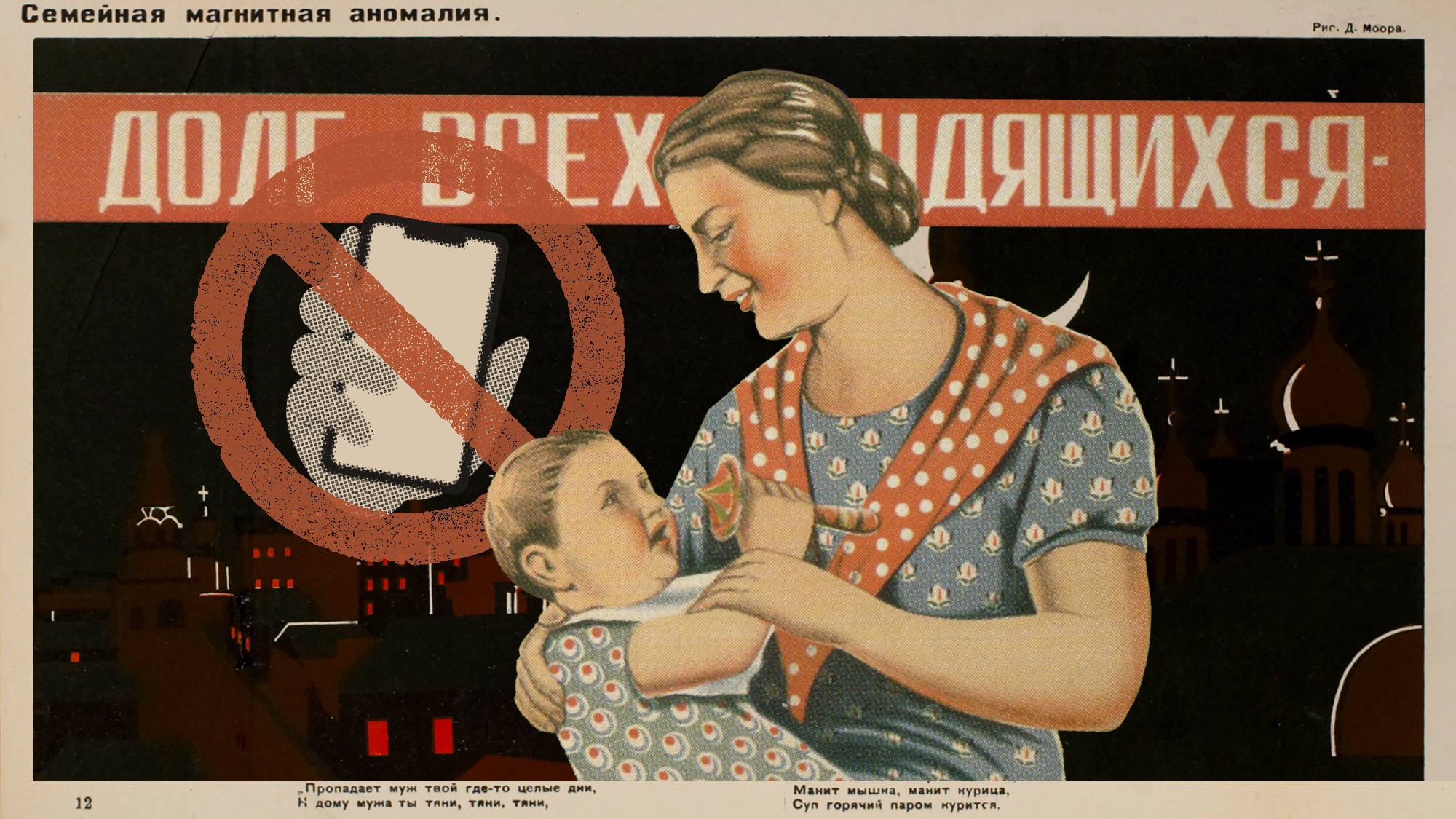 Russia’s ‘weird’ campaign to boost its birth rate
Russia’s ‘weird’ campaign to boost its birth rateUnder the Radar Demographic crisis spurs lawmakers to take increasingly desperate measures
-
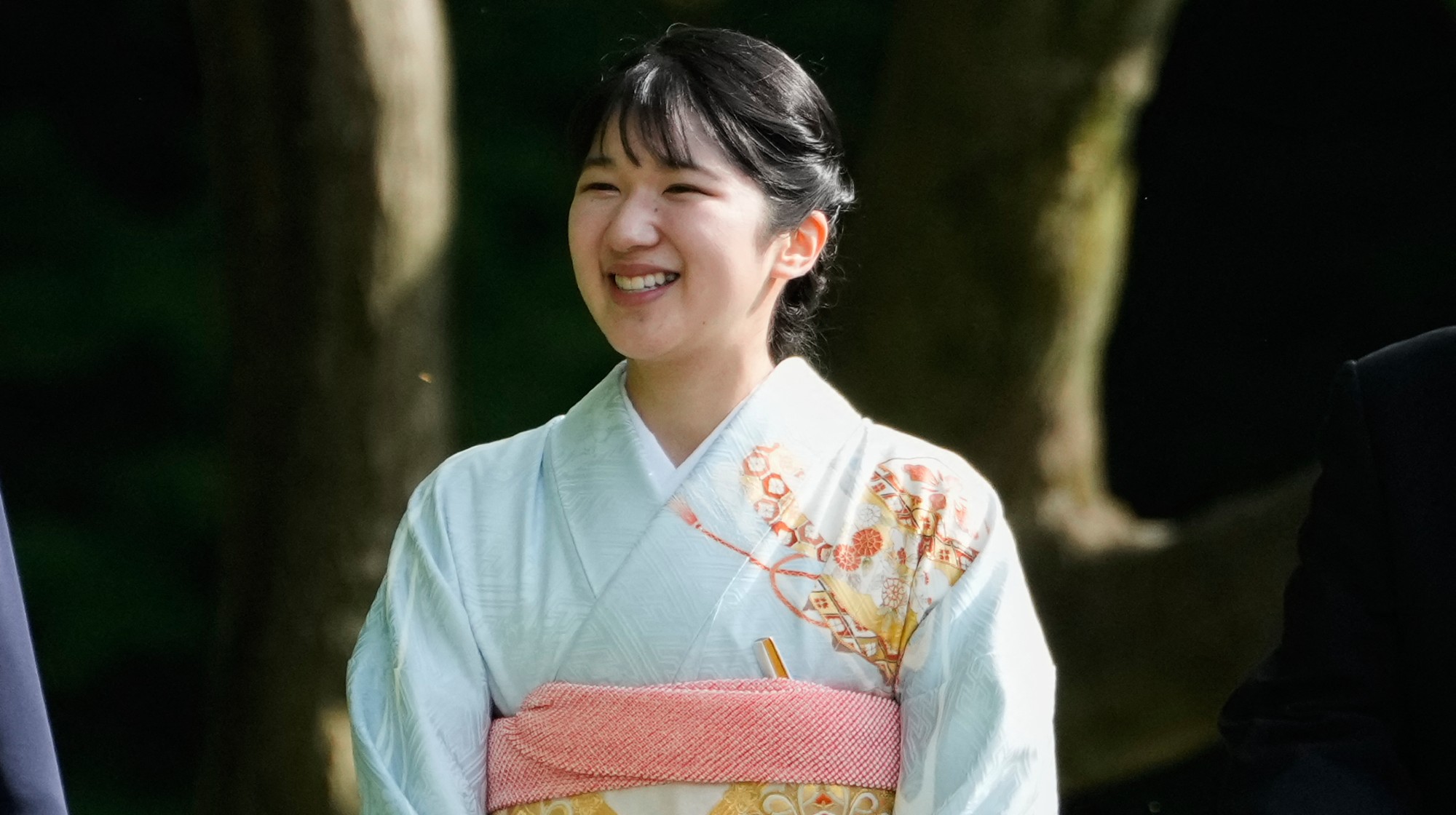 Japan’s Princess Aiko is a national star. Her fans want even more.
Japan’s Princess Aiko is a national star. Her fans want even more.IN THE SPOTLIGHT Fresh off her first solo state visit to Laos, Princess Aiko has become the face of a Japanese royal family facing 21st-century obsolescence
-
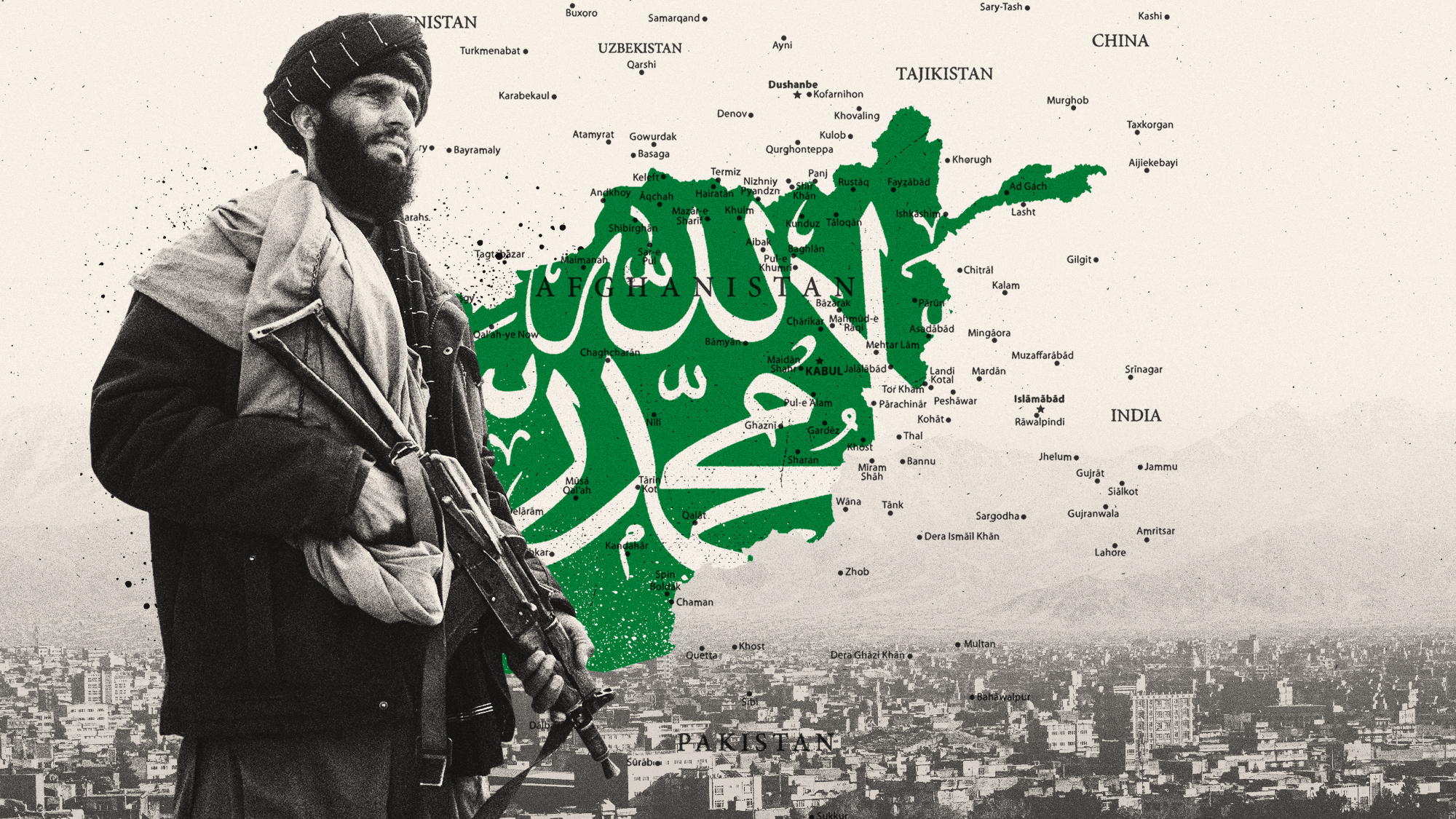 Normalising relations with the Taliban in Afghanistan
Normalising relations with the Taliban in AfghanistanThe Explainer The regime is coming in from the diplomatic cold, as countries lose hope of armed opposition and seek cooperation on counterterrorism, counter-narcotics and deportation of immigrants
-
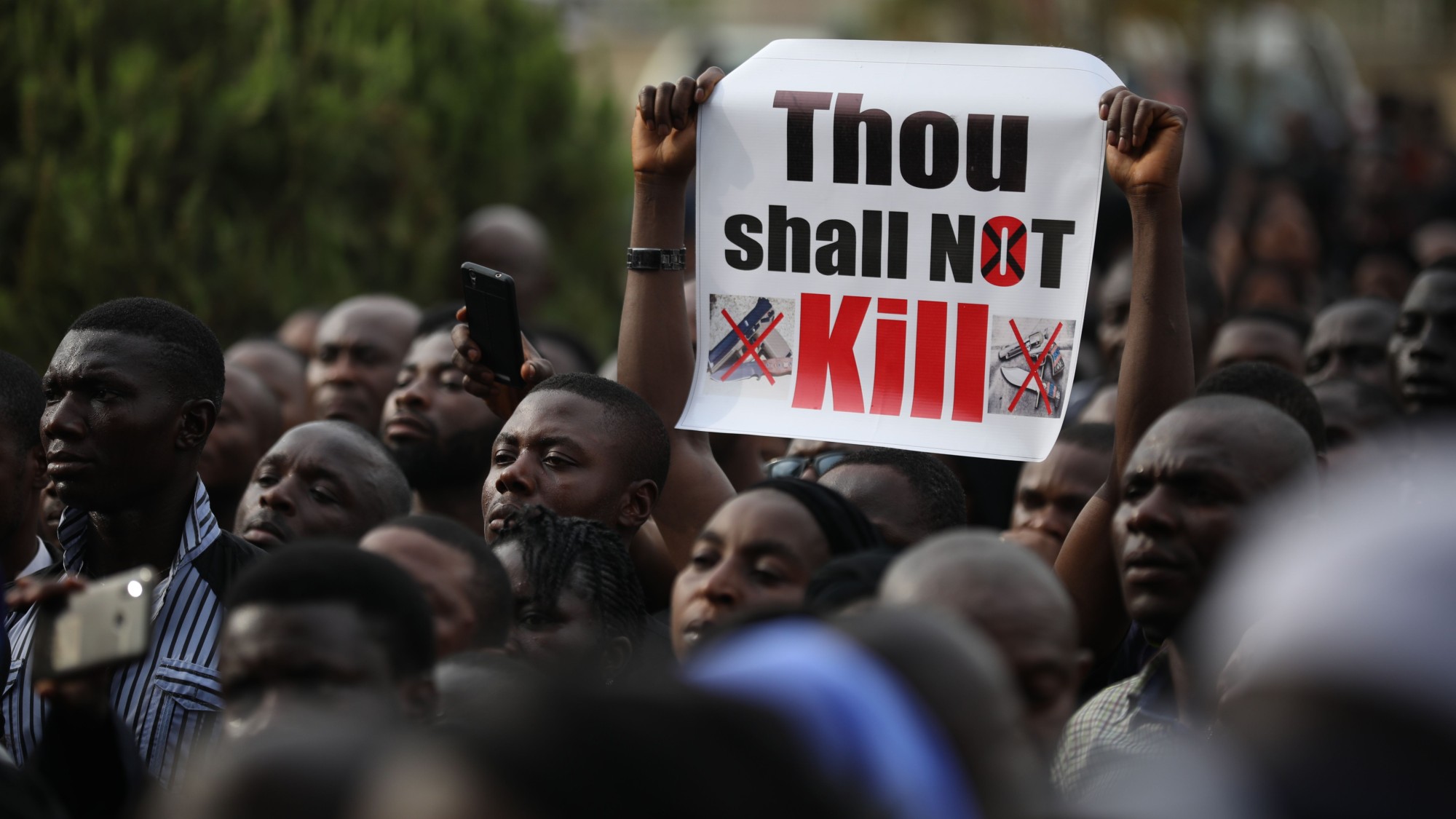 The disputed claims about Christian genocide in Nigeria
The disputed claims about Christian genocide in NigeriaThe Explainer West African nation has denied claims from US senator and broadcaster
-
 Sanae Takaichi: Japan’s Iron Lady set to be the country’s first woman prime minister
Sanae Takaichi: Japan’s Iron Lady set to be the country’s first woman prime ministerIn the Spotlight Takaichi is a member of Japan’s conservative, nationalist Liberal Democratic Party
-
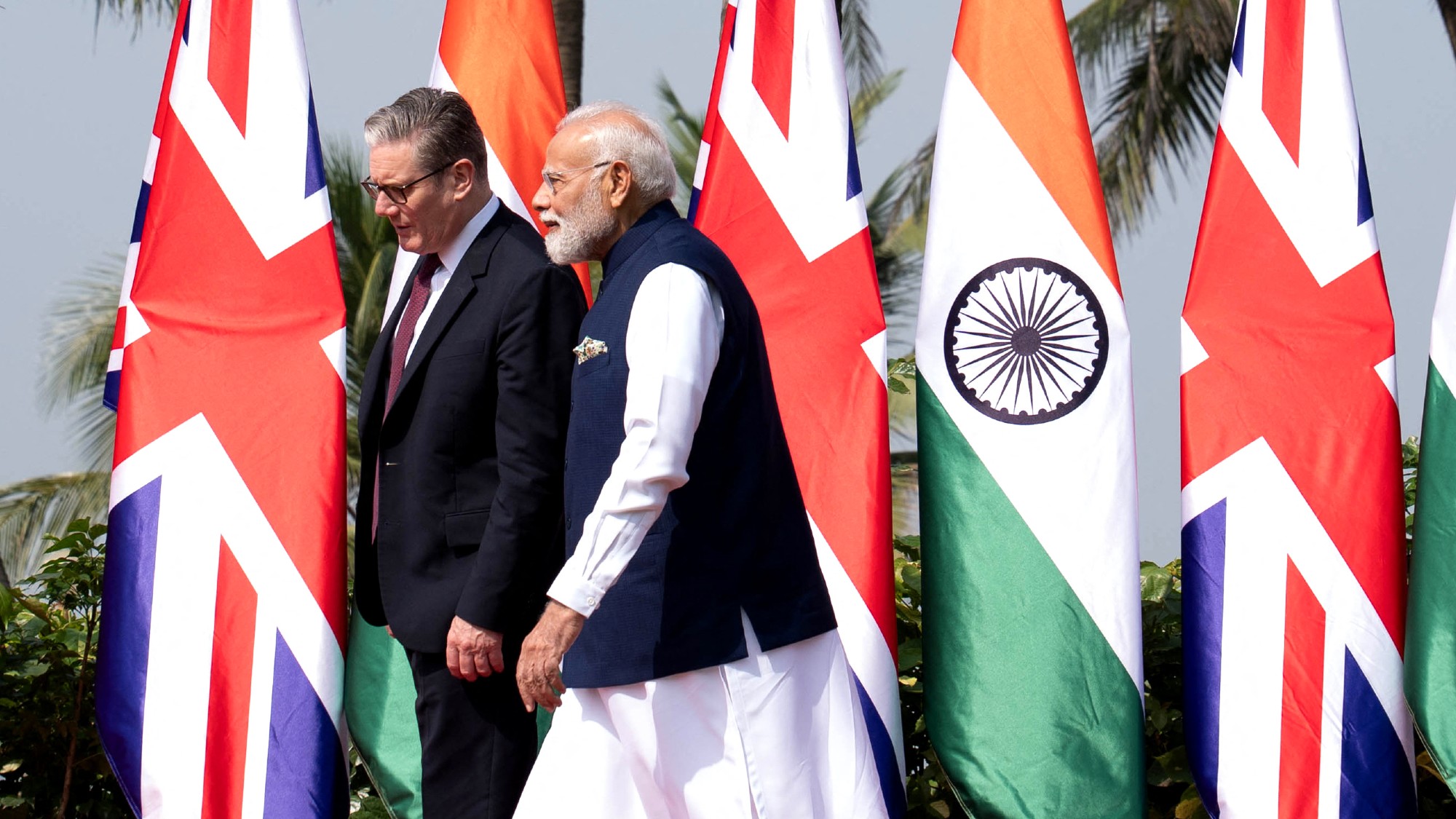 Will Starmer’s India visit herald blossoming new relations?
Will Starmer’s India visit herald blossoming new relations?Today's Big Question Despite a few ‘awkward undertones’, the prime minister’s trip shows signs of solidifying trade relations